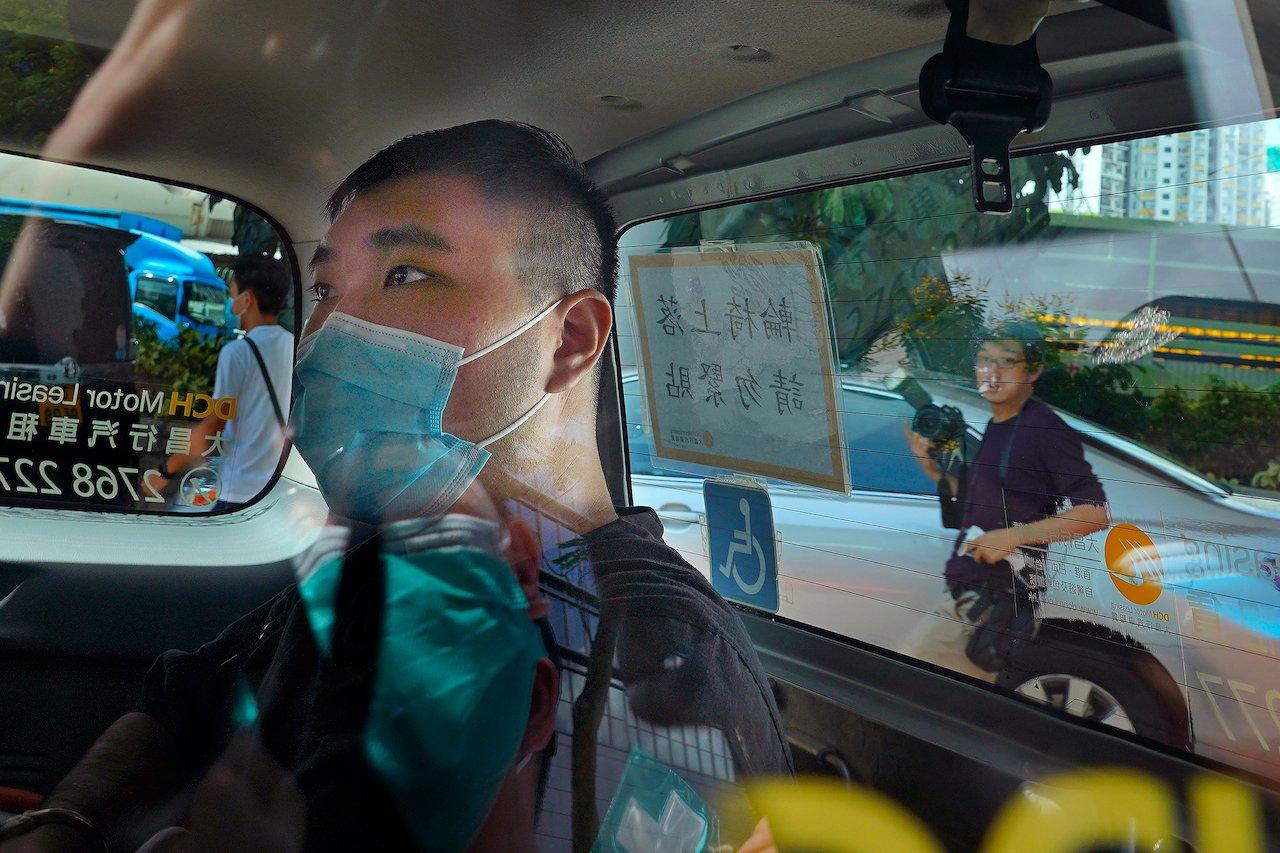Hong Kong’s first national security law trial starts without jury
Hong Kong's justice secretary argues that a jury trial in this case would put jurors’ safety at risk given the city's tense political situation.
Hong Kong’s first trial under its harsh national security law began on Wednesday in a controversial trial without a jury.
24-year-old Tong Ying-kit is charged with inciting secession and terrorism and faces life in jail if found guilty of flying a banner calling for the “liberation” of Hong Kong.
Beijing enforced the security law in June 2020 after a series of mass pro-democracy protests in 2019, some of which turned violent.
The law criminalises “subversive” acts, but critics say it is designed to silence dissent and strip Hong Kong of its autonomy.
Analysts have said it violates the agreement under which Britain handed back Hong Kong to China in 1997.
Beijing and Hong Kong authorities say the law – widely criticised internationally – was needed to bring stability.
Tong was arrested on July 1, 2020, accused of riding his motorbike into a group of police and injuring some of them.
He is also accused of carrying a flag that read “Liberate Hong Kong, revolution of our times”.
A popular slogan among the protesters at the time, it became illegal under the national security law which criminalises secession, subversion, terrorism, and collusion with foreign forces.
The defendant’s legal team has been pushing for the case to be heard by a jury, arguing it is Tong’s right given that he potentially faces a life sentence if found guilty.
The national security law however does allow in some cases for trials by selected judges instead of juries.
Hong Kong’s justice secretary argued that a jury trial in this case would put jurors’ safety at risk given the city’s tense political situation.
The trial is expected to last 15 working days and is being seen as a landmark moment for Hong Kong’s fast-changing legal traditions.
Since the law was enacted, more than 100 people have been arrested under its provisions.
Subscribe to our newsletter
To be updated with all the latest news and analyses daily.
